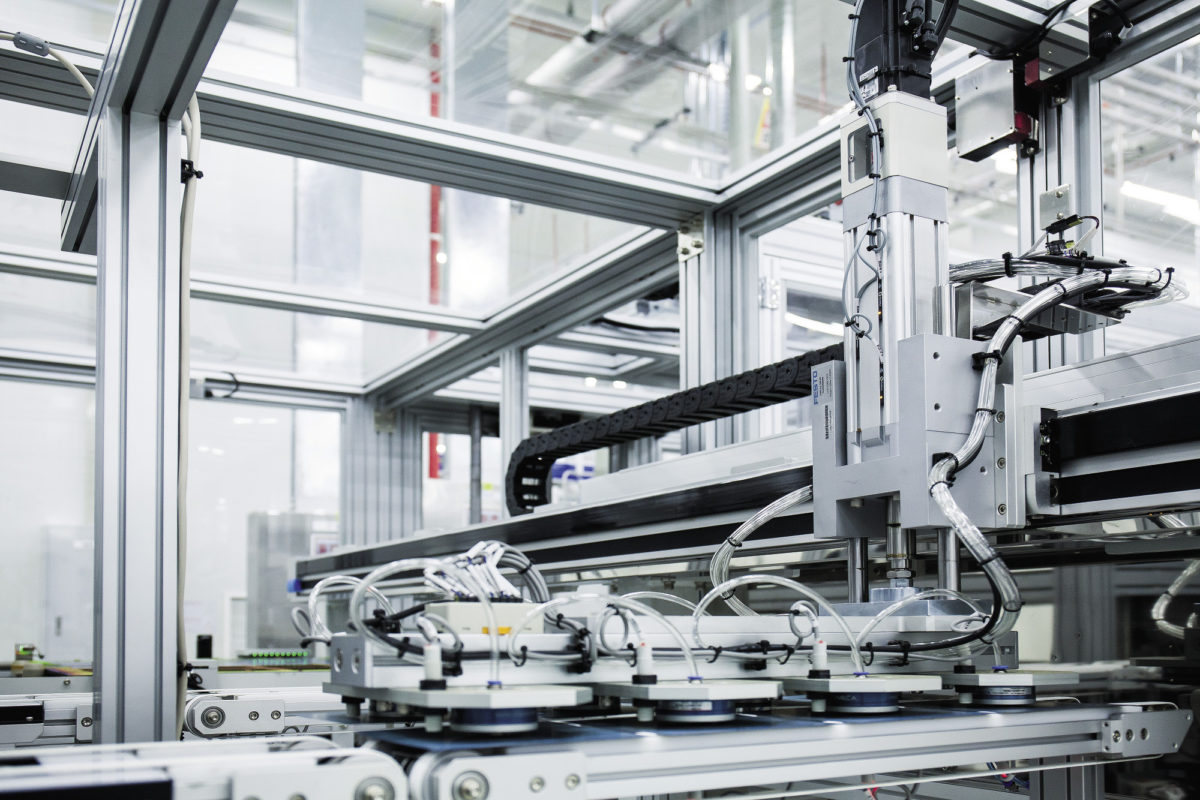Hanwha Solutions, a unit of Hanhwa Group, has revealed that it will set up a production line for solar modules based on tunnel oxide passivated contacts (TOPCon) technology and M10 wafers at its facility in Jincheon, in South Korea's Chungcheong province.
It said it will also develop other high-efficiency solar technologies, such as tandem and perovskite solar cells, but it did not provide any additional details. The move is part of a KRW 760 billion ($548.8 million) plan to expand its solar business in South Korea. The plan includes KRW 130 billion for its TOPCon line and R&D activities, a KRW 590 billion investment for the production of ethylene-vinyl acetate (EVA) for solar module backsheets, and KRW 41.7 billion for the production of EVA sheets.
The company said it will set up EVA production in partnership with GS Energy, a unit of South Korean conglomerate GS Group, at the Yeosu Industrial Complex in Jeollanam province. The manufacturing facility will have an annual capacity of 300,000 tons.
“Through this joint venture, Hanwha Group's EVA production capacity, including Hanwha Solutions, will increase to a total of 920,000 tons,” the company said.
Hanwha Solutions recently agreed to buy a 16.67% stake in Norway-based polysilicon manufacturer REC Silicon ASA for $160.4 million. In the United States, REC Silicon owns and operates a polysilicon factory in Moses Lake, Washington, and another facility in Butte, Montana. Hanwha Solution also operates a 1.7 GW solar module factory in the United States and is currently considering the construction of a second factory there.
This content is protected by copyright and may not be reused. If you want to cooperate with us and would like to reuse some of our content, please contact: editors@pv-magazine.com.




By submitting this form you agree to pv magazine using your data for the purposes of publishing your comment.
Your personal data will only be disclosed or otherwise transmitted to third parties for the purposes of spam filtering or if this is necessary for technical maintenance of the website. Any other transfer to third parties will not take place unless this is justified on the basis of applicable data protection regulations or if pv magazine is legally obliged to do so.
You may revoke this consent at any time with effect for the future, in which case your personal data will be deleted immediately. Otherwise, your data will be deleted if pv magazine has processed your request or the purpose of data storage is fulfilled.
Further information on data privacy can be found in our Data Protection Policy.